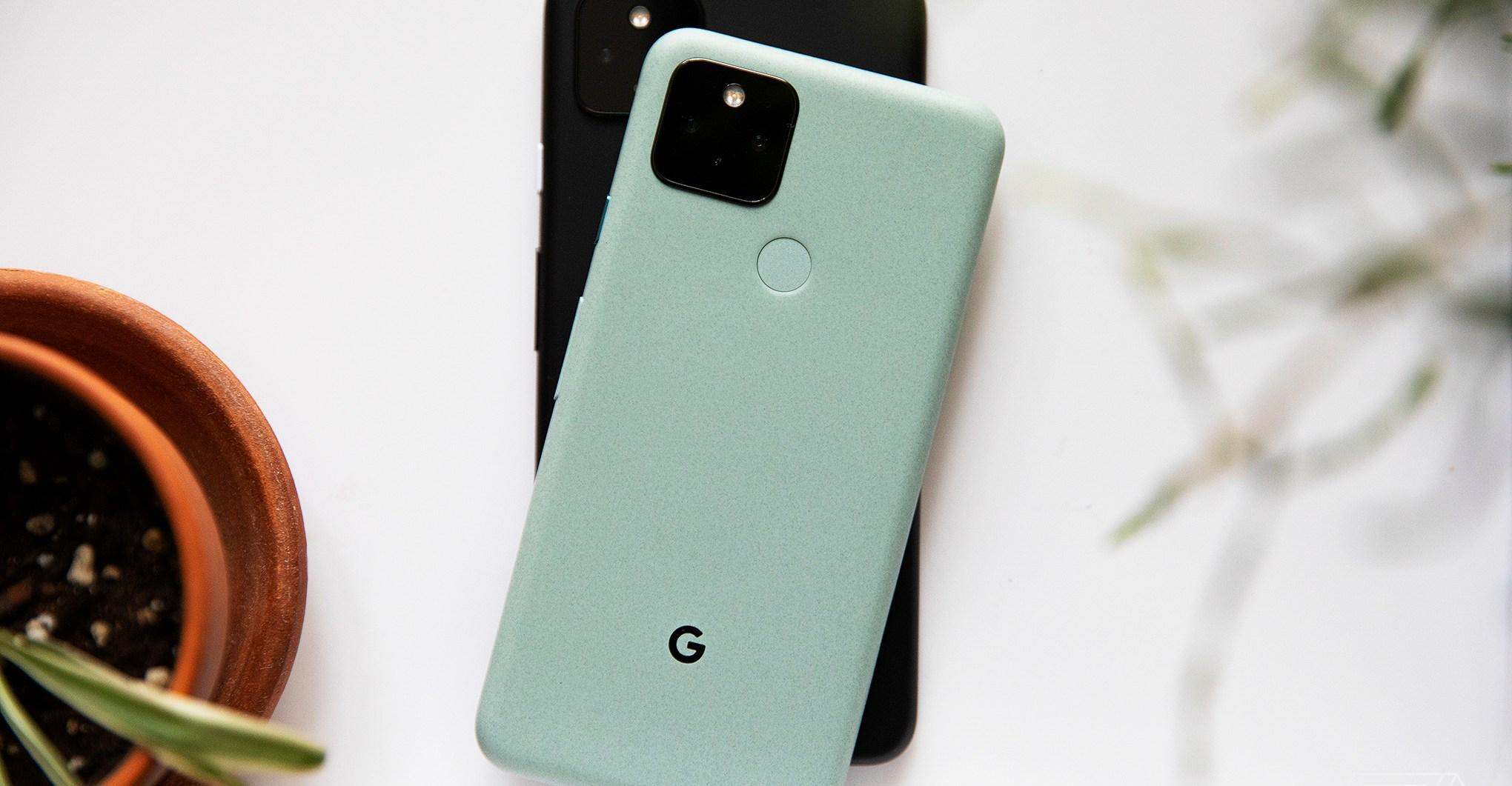- Home
- Technology
- News
WhatsApp sues India’s government to stop new internet law
New Delhi: WhatsApp has filed a legal complaint against the Indian government, seeking to block upcoming regulations, that experts say would compel Facebook to break privacy protections.

The lawsuit, asks the Delhi High Court (DHC) to declare that one of the new rules is a violation of privacy rights in India’s constitution since it requires social media companies to identify the first originator of information, when authorities demand it.
While the law requires WhatsApp to unmask only people credibly accused of wrongdoing, the company says it cannot do that alone in practice. Because messages are end-to-end encrypted, to comply with the law WhatsApp says it would have break encryption for receivers, as well as “originators”, of messages.
WhatsApp has nearly 400 million users in India. The people with knowledge of the matter declined to be identified because of the sensitivity of the issue.
Moreover, a WhatsApp spokesman declined to comment.
The lawsuit escalates a growing struggle between Indian government and tech giants including Facebook, Google parent Alphabet and Twitter in one of their key global growth markets.
The government has also pressed the tech companies to remove not only what it has described as misinformation on the COVID-19 pandemic ravaging India, but also some criticism of the government’s response to the crisis, which is claiming thousands of lives daily.
The response of the companies to the new rules has been a subject of intense speculation since they were unveiled in February.
The Intermediary Guidelines and Digital Media Ethics Code, promulgated by the ministry of information technology, designates “significant social media intermediaries” as standing to lose protection from lawsuits and criminal prosecution if they fail to adhere to the code.
WhatsApp, its parent Facebook and tech rivals have all invested heavily in India. But company officials worry privately that increasingly heavy-handed regulation by the Modi government could jeopardize those prospects.
Among the new rules are requirements that big social media firms appoint Indian citizens to key compliance roles, remove content within 36 hours of a legal order, and set up a mechanism to respond to complaints. They must also use automated processes to take down pornography.
Facebook has said that it agrees with most of the provisions but is still looking to negotiate some aspects. Twitter, which has come under the most fire for failing to take down posts by government critics, declined to comment.
Some in the industry are hoping for a delay in the introduction of the new rules while such objections are heard.
The court found then that privacy must be preserved except in cases where legality, necessity and proportionality all weighed against it.
However, WhatsApp argues that the law fails all three of those tests, starting with the lack of explicit parliamentary backing.

Uzbek President arrives in Islamabad on two day visit
- 11 hours ago

We’re in an economic boom. Where are the jobs?
- 19 hours ago

Other first ladies had cash grabs. Melania tops them all.
- 19 hours ago

Nation observes Kashmir Solidarity Day today
- 11 hours ago

A nice upgrade for Apple’s simplest gadget
- 21 hours ago

Spotify’s new group chats share music with everyone in your circle
- 21 hours ago

Pakistan, Uzbekistan sign 29 MoUs across multiple sectors to strengthen bilateral cooperation
- 5 hours ago

Operation Radd-ul-Fitna-1 concludes in Balochistan as security forces kill 216 Indian sponsored terrorists
- 12 hours ago
.jpg&w=3840&q=75)
CDF Asim Munir visits Muzaffarabad, pays tribute to Kashmiri martyrs
- 6 hours ago
.webp&w=3840&q=75)
Uzbek President briefed on Pakistan’s defence capabilities
- 6 hours ago
Inside James Franklin's rapid recruiting overhaul at Virginia Tech
- 20 hours ago

Durable solution of J&K dispute lies in implementation of UNSC resolutions: PM Shehbaz
- 10 hours ago









